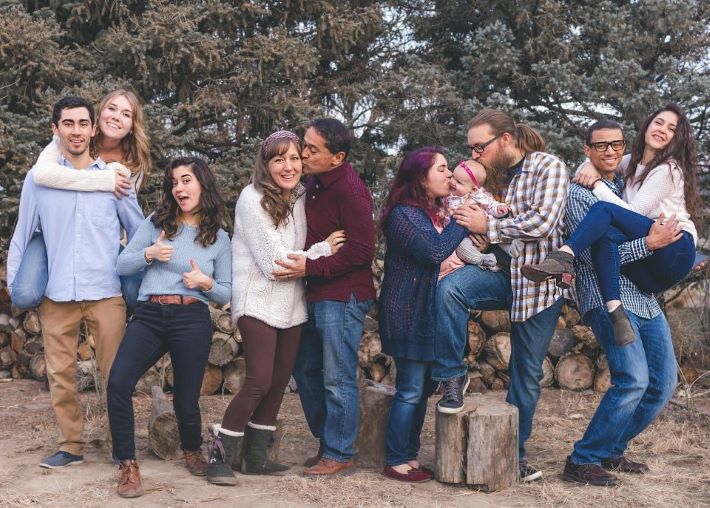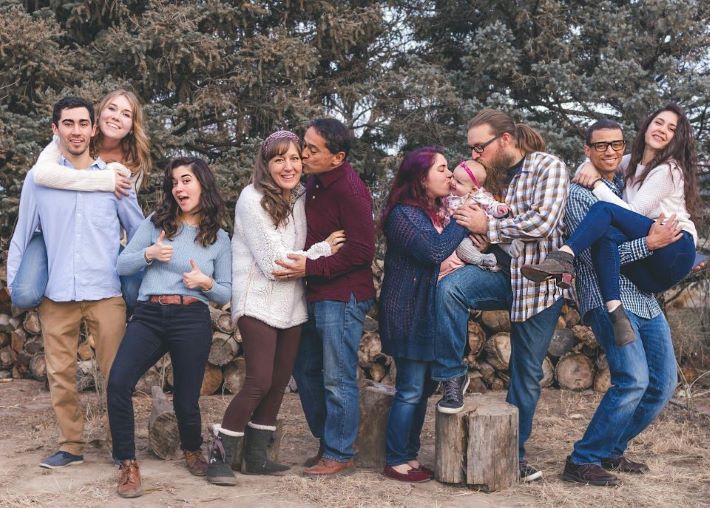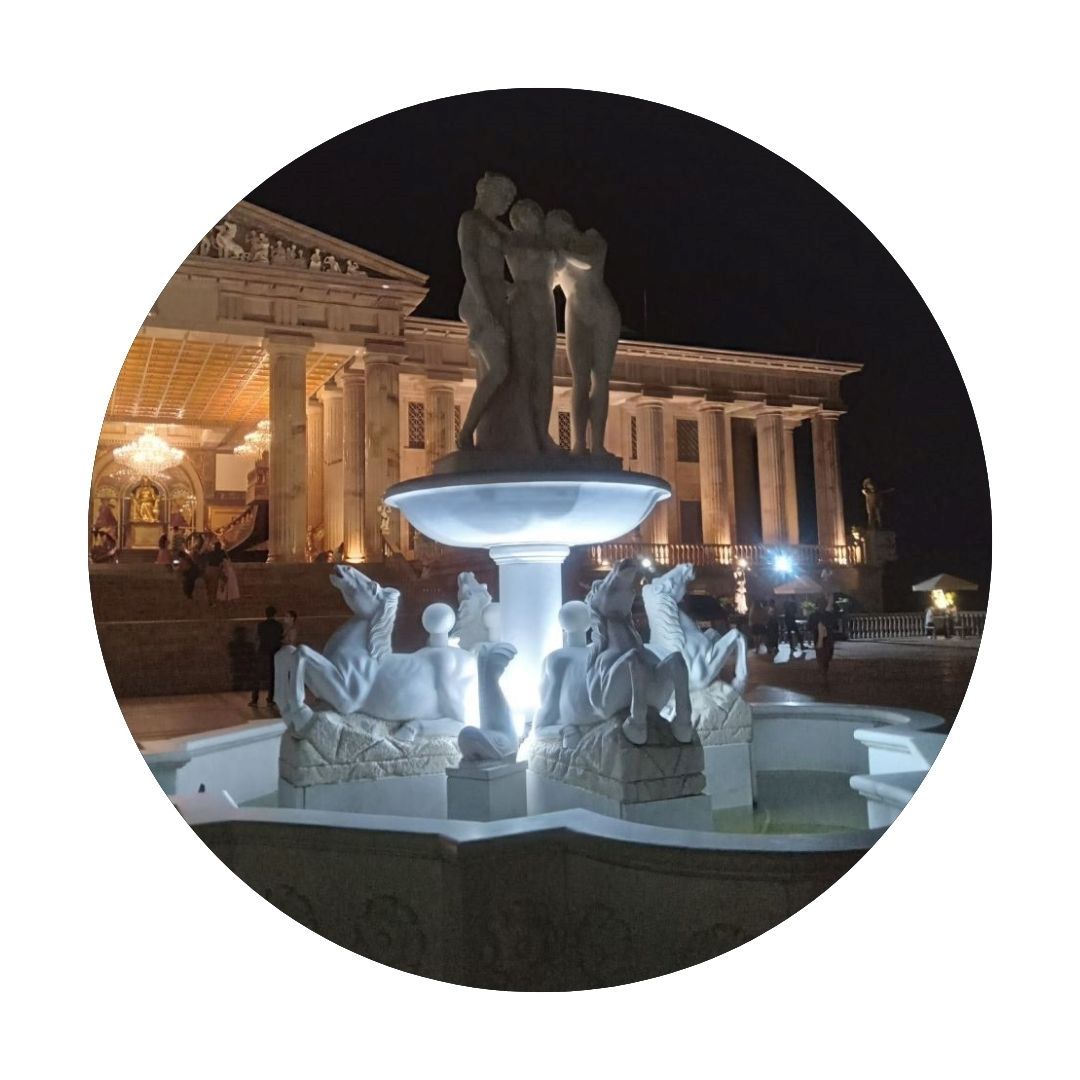TheLitPerspective is your one-stop shop for everything that ignites the spark of curiosity within you.

What Makes a Family: How Families Look in Other Places

Photo by Craig Adderley
Virtually every culture has a concept of family. That’s because everyone has family in some shape or another. While there are some commonalities across each—like love, support, and shared experiences—different cultures have very different ways of structuring their family units.
How Families Look in Other Places
In a lot of Western countries, the basic idea of the family is that of a father and a mother with kids. This structure is called the nuclear family. A lot of people think that this is the ideal structure for families.
But there are actually other forms of families out there. Nuclear families aren’t even the most widespread, nor are they the oldest.
In many parts of the globe, families are mostly extended families. Aside from a mom and a dad, there are also one’s grandparents, uncles, aunts, cousins, and other relatives. Although not necessarily living under the same roof, extended families are so-called because of the closer relationships between non-immediate family members.

Photo by August de Richelieu
What Makes a Family in Indigenous Cultures
Indigenous and tribal cultures across the globe have very different family structures from more urban and “modern” cultures. This is because it is not the family that is taken as the smallest unit but the clan. Each culture has its own idea of what a clan constitutes. In clans, individuals are grouped into extended family units. These are tied together by a common lineage—whether it be by blood or history. Within these kinds of cultural communities, clans are the foundation for large inter-communal social interactions.
What Makes a Family in Asia
Asia is a very big place with a lot of cultures. This means that there are as many ways of forming families as there are a number of countries and nations.
In many East Asian nations, there is a tinge of Confucianism in the way families operate. There is a particular emphasis on filial piety and deep respect for the elderly. This is especially in the social dynamics between members of different generations. This strict hierarchical system results in very durable but often closed households where obligation, obedience, and reciprocity are demanded rather than expected.
Across the Indian subcontinent, the idea of arranged marriages is still practiced (although there is a waning trend). This means that families are foundations for socio-political alliances. They are more so emblematic of a clan or tribe’s close relationship with another.

Photo by Emma Bauso
What Makes a Family in Africa
Like Asia, Africa is also home to a multitude of cultures with as many variations of what a family should be. Extended families are the norm in Africa, although many cultures have begun to mimic the Western nuclear family structure. Despite the dominance of the latter in some regions, kinship ties are often stronger than those of their Western counterparts, with members still living in close proximity to one another.
In many parts of Africa, the practice of having multiple spouses, polygamy, is still practiced, which creates a very interesting—although often complicated—household.
The Challenges that Families Face Today
Increasing globalization is a chief contributor to the dissolution of many traditional structures. The mass movements of people from one place to another, the spread of Western ideas, and the shifting economic climate have made this an inevitability. Yet, from the breaking down of old conceptions, new ideas of family are being developed.
For example, the higher numbers of international marriages and the increase of transnational families are creating new and complex dynamics that have adapted to a deeply globalizing world.
Regardless, the same issues that families faced in the past are still being encountered by the families of tomorrow. Economic hardship is ever persistent, as are social inequality and domestic violence. The rapid changes in technology have also compounded these problems and brought up new ones, such as social media, video game addiction, isolation, and more.
Family structures are complex—and individual families themselves even more so—but their existence is indicative of the human need to be among others and to belong.
For a more psychological approach to things and to know what and why we have happy family memories, Jamie Pulos-Fry’s Family Memories has a little mystery in it! will have you looking inward and seeing your own family in a new light. Click this link to learn more.

Alex is a writer with two modes: simple and wild. He’s equally at home going either way. He always has something to say and something to offer, even if it’s only after a few minutes of furious googling. He loves reading and writing random stuff in his spare time.



